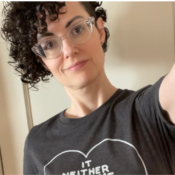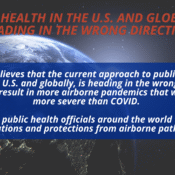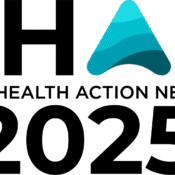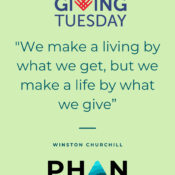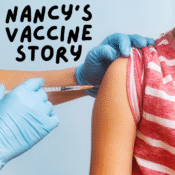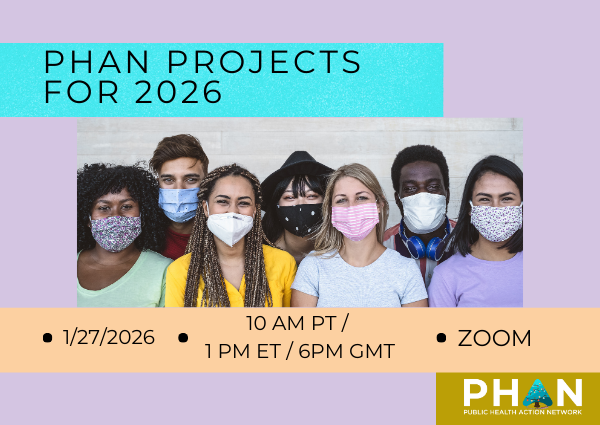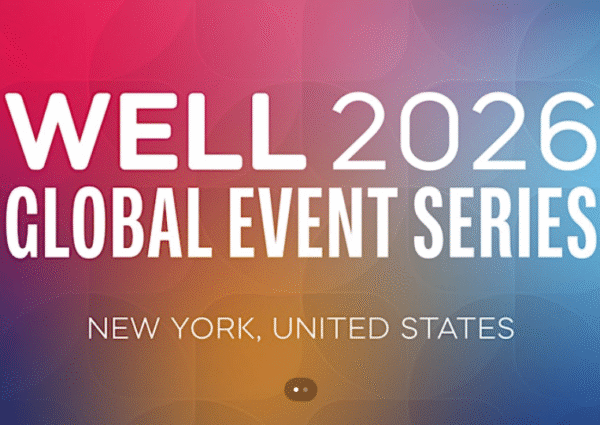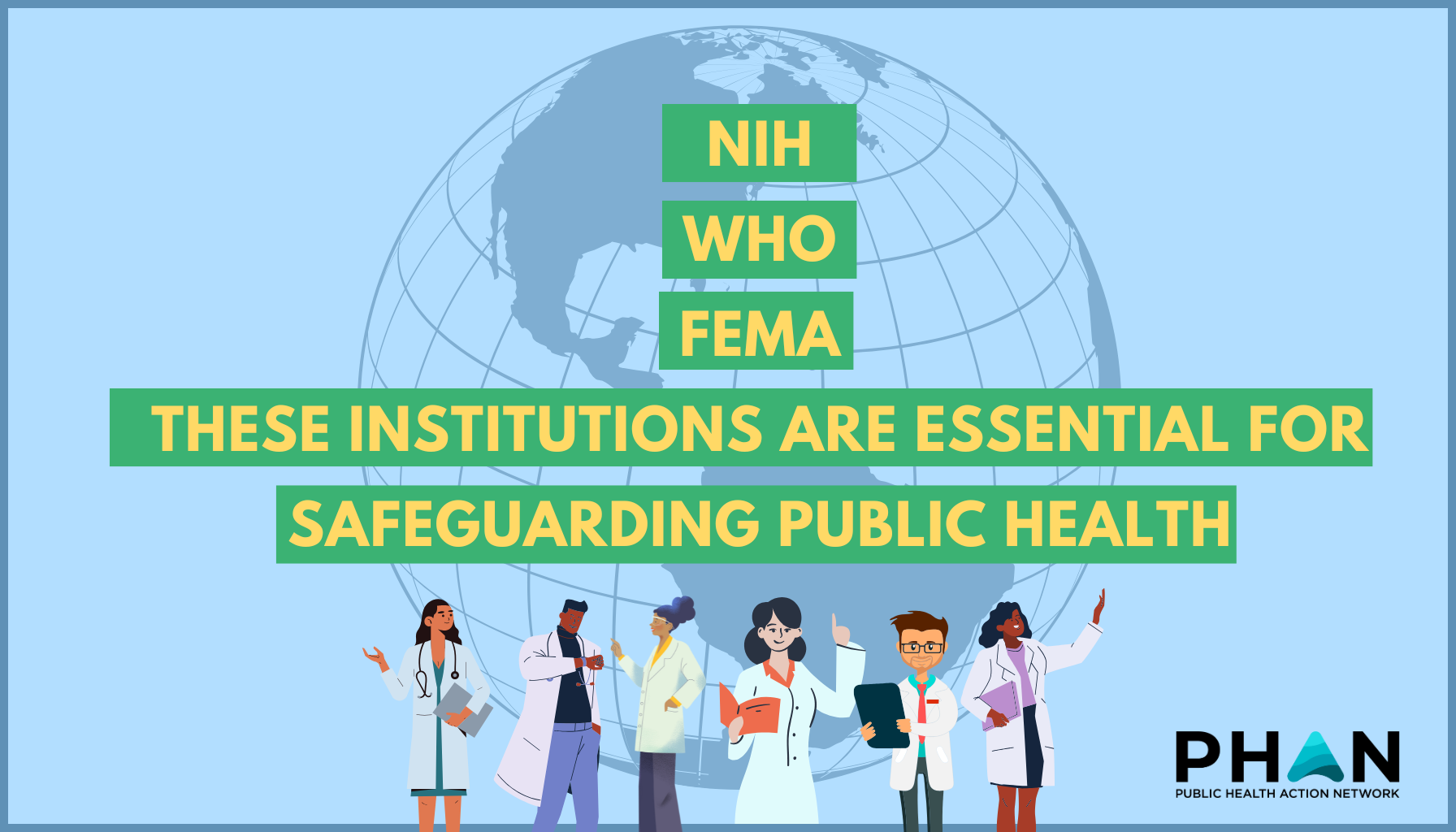
When Lives Are Left Hanging: The Real Impact of Gutting Public Health and Safety
The recent moves by the current administration to halt NIH funding, withdraw from the WHO, and threaten FEMA aren’t just political decisions. They have real, devastating consequences for families like mine, like yours, and like millions of others across the globe. These aren’t abstract budget cuts; they’re decisions that directly impact all of our lives.
The NIH has in some ways been a source of hope for many, funding research that leads to breakthroughs in cancer treatment, vaccines, and life-saving medications. Families are sitting in hospitals right now, praying for new treatments that could give them more time with a loved one. When research stops, that hope diminishes, vanishes, leaving anguish in its wake. Promising clinical trials shut down, scientists are left scrambling for funding, and progress that could save lives is erased. And NIH research is frequently made us of in other countries for their health systems, so cutting NIH funding will have global consequences.
Leaving the World Health Organization doesn’t just isolate us; it makes the entire world more vulnerable. Pandemics don’t stop at borders. The WHO has been the glue holding global healthHealth issues that transcend national boundaries. efforts together -helping track outbreaks, distribute vaccines, and ensure resources reach the most vulnerable. We saw during COVID-19A disease caused by the SARS-CoV-2 virus, leading to respiratory illness. how vital global collaboration is (even though the WHO royally mucked up parts of it). Without it, new viruses will spread unchecked, hitting poorer nations hardest but eventually circling back to all of us. We’re not just pulling out of the WHO, we’re turning our backs on the rest of the world and pretending we don’t share the same risks. There are 8 billion people on Earth. The population of the US is only 4% of that. What is the purpose to remove ourselves from global collaboration with science and observation?
FEMA is often the first and only lifeline for families after disasters. If you’ve ever seen a community devastated by a hurricane, wildfire, or flood, you’ve seen FEMA in action. They’re the people providing shelter, food, and a path to recovery. Threatening to eliminate FEMA means leaving families stranded in the rubble of their homes with no help on the horizon. Natural disasters are becoming more frequent and severe, climate change is accelerating. What happens when there’s no coordinated response? Entire communities will have to pick up the pieces alone, and many won’t be able to.
These decisions aren’t just about money or politics or tribalism: they’re about lives. They’re about families waiting for a cure, nations working together to stop the next pandemicA global outbreak of a disease., and neighborhoods trying to rebuild after disaster strikes. It’s real. It’s personal. It’s also preventable. We need leaders who understand that protecting people’s health and safety isn’t optional – it’s their responsibility. The cost of inaction will result in lives lost, dreams shattered, and a future we can’t afford to face.
These cuts and exits don’t just exist in statistics or theory or conversation or paper. They hurt real people. It’s about families who won’t get the help they need, researchers who lose the chance to save lives, and communities and future generations left to fend for themselves. We deserve leadership that protects us, not policies that leave us vulnerable.
-Tarz


